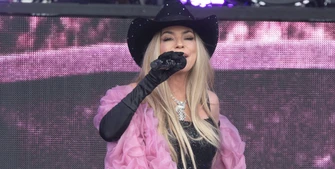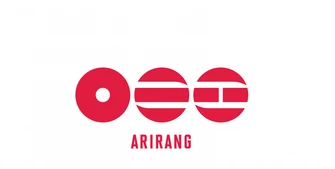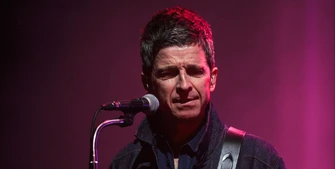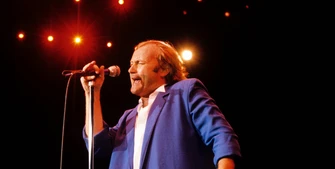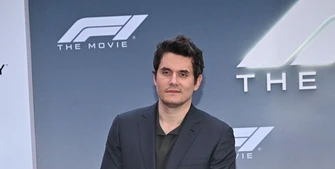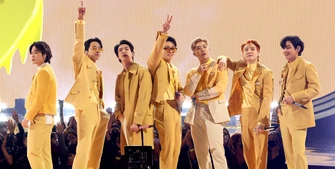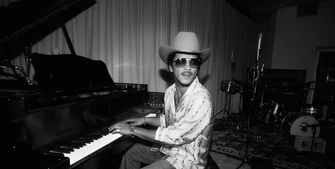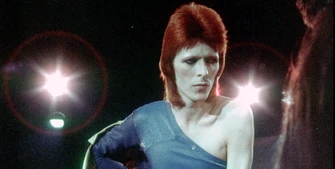Chappell Roan 'never listens' to her own music
Chappell Roan hates hearing her own music when she is out and about.
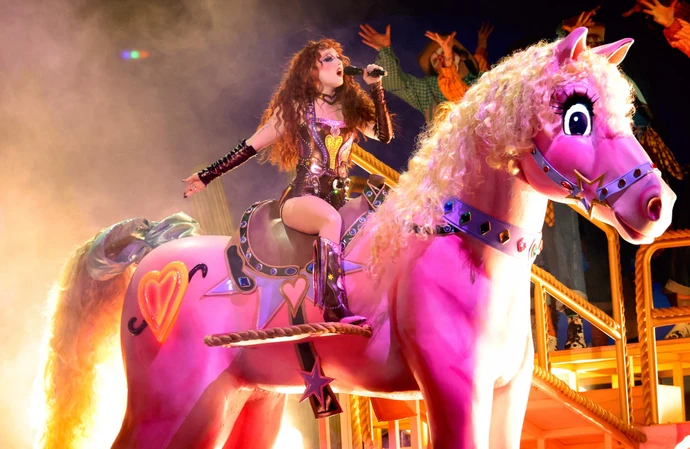
Chappell Roan "never listens" to her own music.
The 'Pink Pony Club' hitmaker never puts her own music on because she has heard it so many times, but the first time she heard her song on the radio was special.
In an interview with W magazine, she recalled hearing her hit on the airwaves: "I think it was in an Uber when I was on tour. I heard 'Good Luck, Babe!'. I grabbed my friend’s hand and I was like, 'Oh my f***ing.…' But I didn’t scream. I don’t sing along with myself. I never listen to my own music. If it’s out, I don’t want to hear it. I’ve heard it hundreds and hundreds of times."
Elsewhere, the Grammy winner revealed she was reading from her actual diary when she gave her Best New Artist winners speech at the 2025 ceremony.
Asked if it was her actual diary, she said: "Yes. I’ve been keeping a diary for—oh my god—like, 15 years. I started in middle school. I love looking back at what I had to say as a 12-year-old. I wrote that every day was “horrible.” It’s amazing to see what would ruin my day back then. It felt as dramatic as my life feels now. Throughout my life, I had a fear of losing my memory, so I kept a journal to log all these important events. As I’ve gotten older, it’s been harder and harder to keep a diary. Sometimes, when I’m having a bad day, I won’t journal, because I won’t want to remember."
The pop superstar used her acceptance speech to call out record labels over their treatment of their artists.
Speaking on stage at the Crypto.com Arena in Los Angeles, Roan, 27, said: "I told myself if I ever won a Grammy, and I got to stand up here in front of the most powerful people in music, I would demand that labels and the industry profiting millions of dollars off of artists would offer a liveable wage and health care, especially to developing artists.
"I got signed so young, I got signed as a minor. When I got dropped, I had zero job experience under my belt, and like most people, I had … quite a difficult time finding a job in the pandemic and [could not] afford insurance.
"It was devastating to feel so committed to my art and feel so betrayed by the system and dehumanised. If my label had prioritised it, I could have been provided care for a company I was giving everything to.
"Record labels need to treat their artists as valuable employees with a liveable wage and health insurance and protection. Labels, we got you, but do you got us?"

